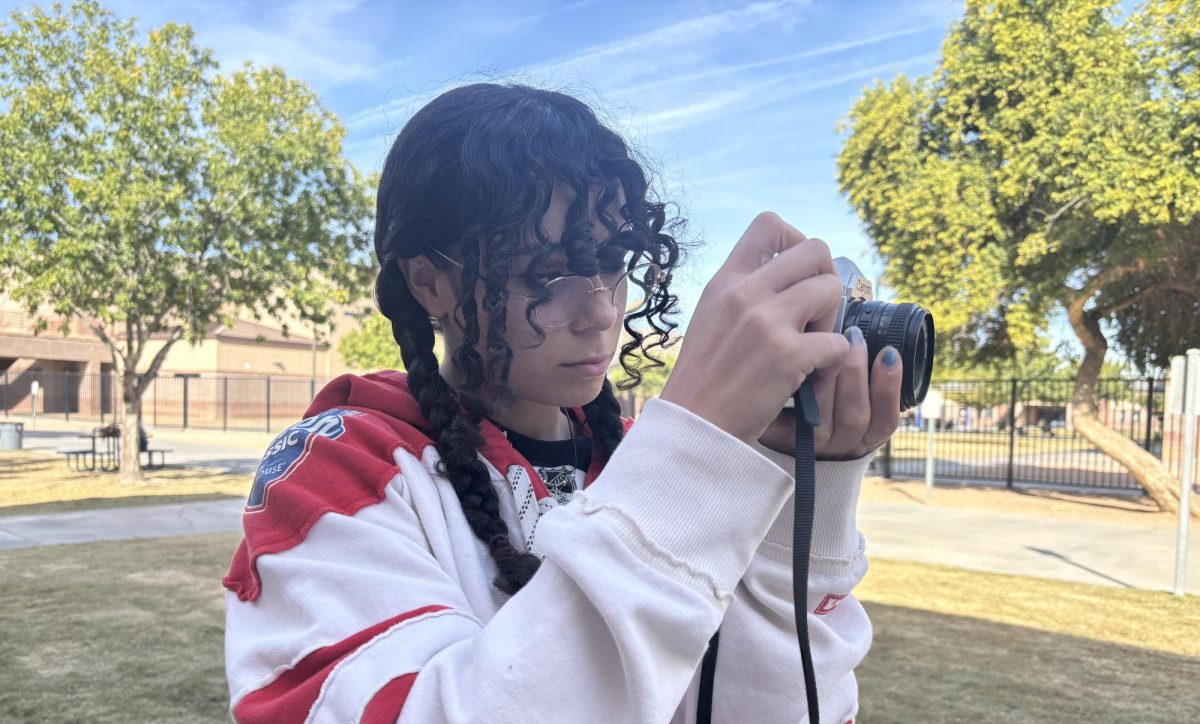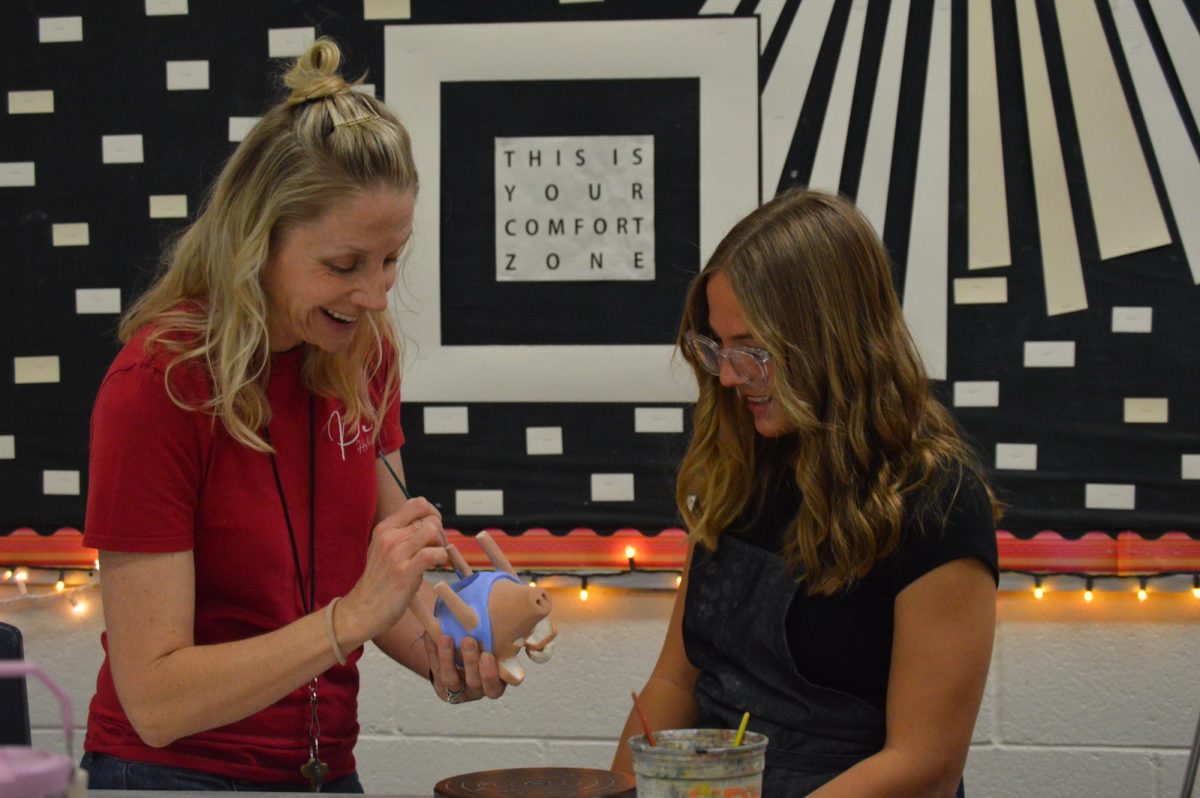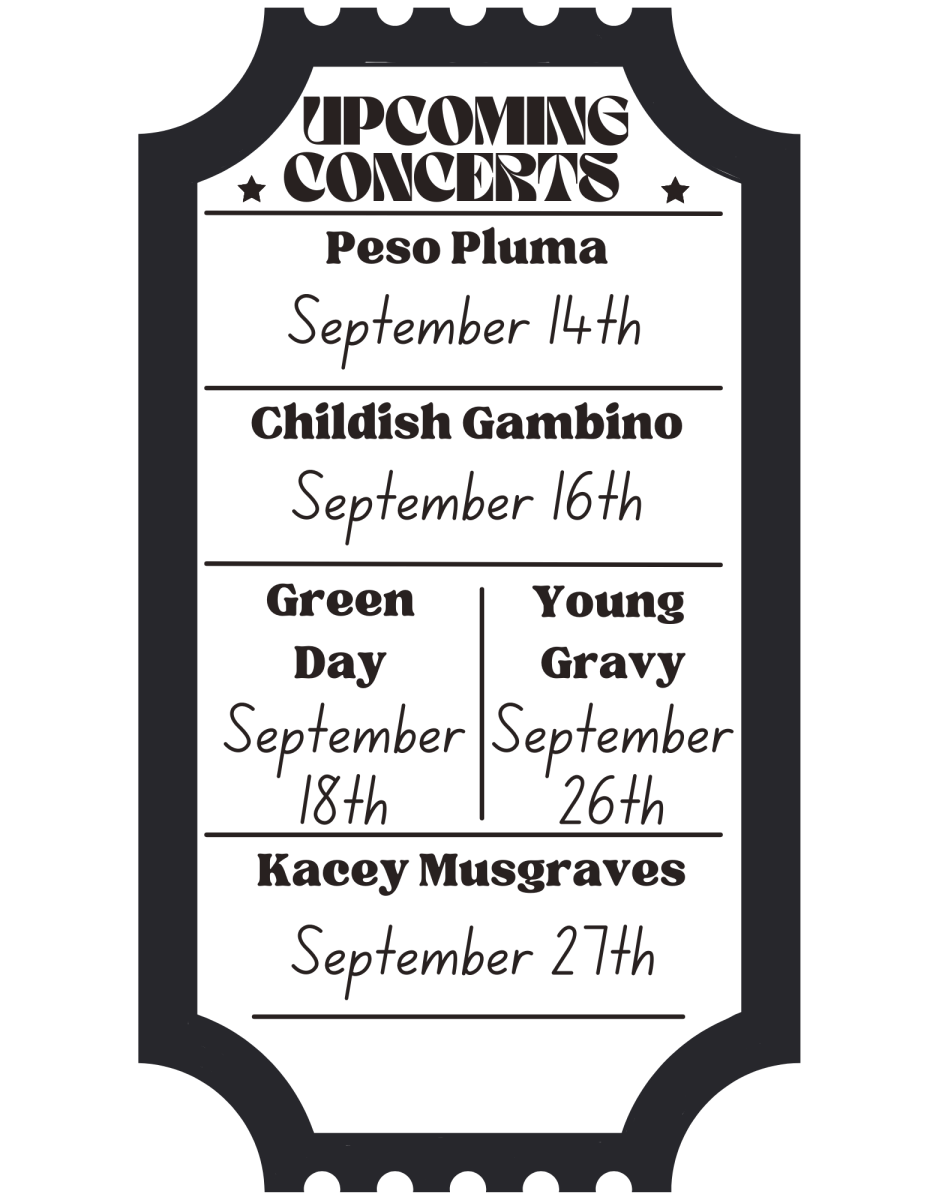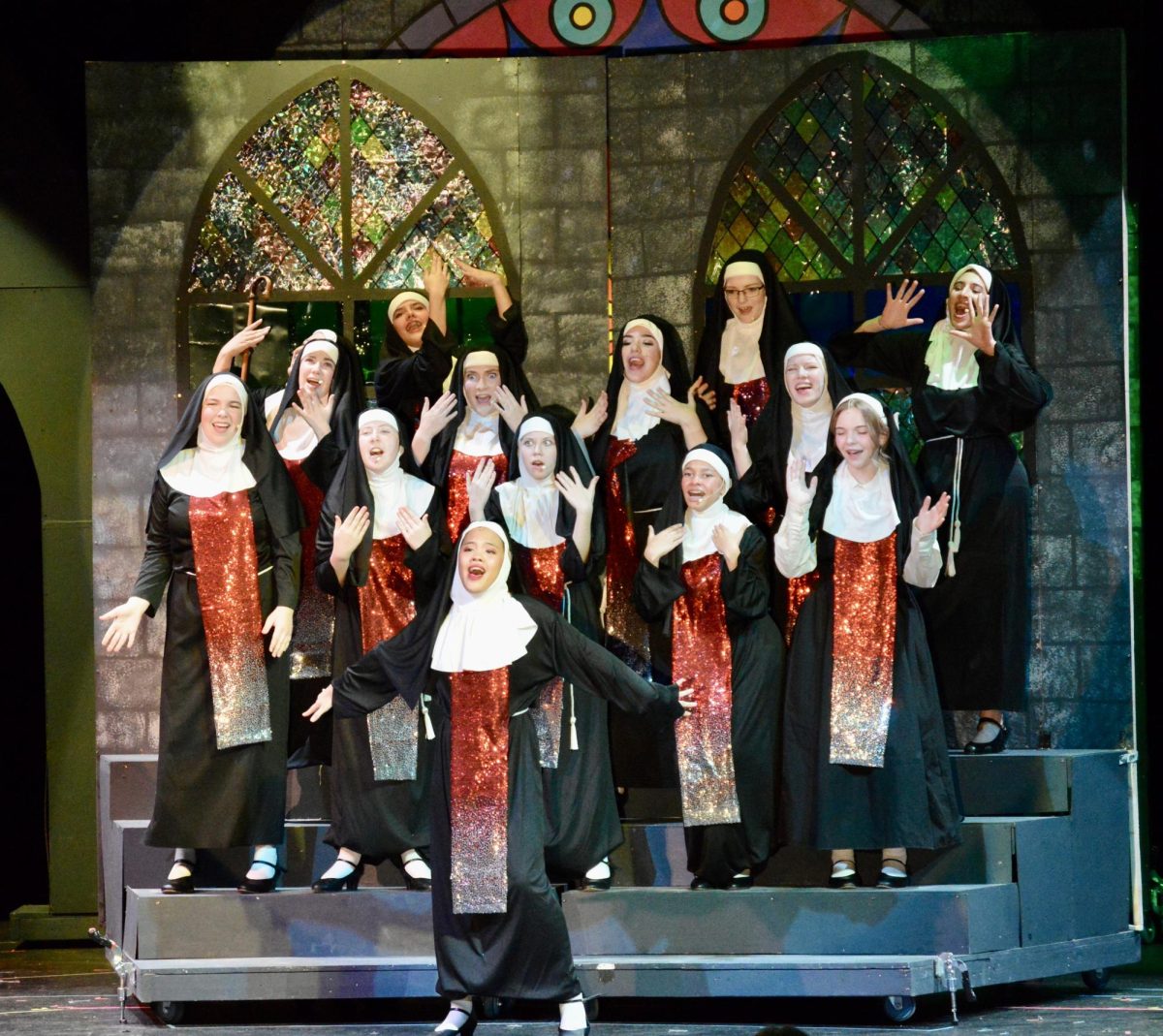Classic movies are defined as a film that will leave a lasting impression for years to come. However as the new age of technology and diversity have grown, the definition of a classic has changed as generations have learned to appreciate different qualities in a movie.
A quick Google search will provide a list of movies that have earned their title as a classic, from Breakfast at Tiffany’s, to Ferris Bueller’s Day Off, each movie holds a uniqueness that will never grow old. Be it the fact that the stories were the first of their kind, or the acting that had never been topped prior, there is a distinctive quality that is almost impossible to define.
Senior Jackson Fleck holds an admiration for films, acknowledging that the classics previously mentioned share a quality with the hypothetical future classic such as Interstellar. He explained, “They’re all iconic, you get these iconic visuals that everyone is sort of aware of.” When talking about the commonality between past and present films, the one thing Fleck noted they all shared was, “Presence in pop culture, [they] just need to be relevant and kind of timeless.”
The term classic means original, analyzed over a period of time to be defined as the best of its kind. Each genre has its definitive marker as to what the OG is. Sophomore Sophie Lattuf compares the Scream horror films and their originality to the current movies that tend to lean towards the, “Supernatural, when before it was more movies about violence, murder and fear. Now, they sometimes lean more towards religion, which is not bad but sometimes it makes the movie harder to understand and follow.”
Lattuf enjoys all horror movies, the good and the terrible, however, “The classics are always better. I feel like they are the originals, they are what began everything. When I compare the first Scream movie with the fourth, they [took] it too far with a goal of keeping the story going…it just becomes boring.”
As movie ideas are used and spent, it leaves writers little room to be creative when almost everything has been done before. Recreations of films have been the trend over the past decade, proving that writers are trying their best to recreate the remarkable films that never get old. Disney is famous for remaking their cartoon films into live actions, with there being 23 movies and counting already made into a live action.
Senior Madison Rose, voiced how “The remakes allow for our generation to experience the novelty of the past movies in a way that fits current trends,” this appears to be the happy medium, as there are not very many options for ‘new’ films, however adding a little twist to the old and making it new provides the younger generations with the capability to connect to the older generations through the classic films.
With the comparison of the numerous films past and present, there is bound to be some backlash with the lack of diversity within the film industry in the past few decades. Be it the tackiness of the horror films that Lattuf mentioned, or the numerous remakes that Rose highlighted, there is no guarantee for every movie lover to be happy. Fleck’s comment on how pop culture is relevant in every classic is a statement that should always be considered when critiquing films within this generation that are going under harsh criticism.










